The pilot of a light aircraft has been fined £3,600 after he landed at Coventry Airport without being given permission by air traffic control.
David Harbottle was also ordered to pay £4,500 costs to the CAA. The 69-year-old, from Ottershaw Park in Surrey, had his pilot’s licences suspended following the incident on 22 June 2017.
He was convicted of landing without permission and for failing to use the correct radio frequency to communicate with the airport’s air traffic control unit. No evidence was offered on a third charge of landing on a runway while it was being used by another aeroplane.
Coventry magistrates heard he had tried to contact the airport 19 times but on the wrong radio frequency which meant air traffic control was unable to hear him, unaware he was calling and intending to land.
The court heard a Notice to Airmen (NOTAM) had been issued, informing flyers that the radio frequency to contact the airport’s tower had changed.
CAA


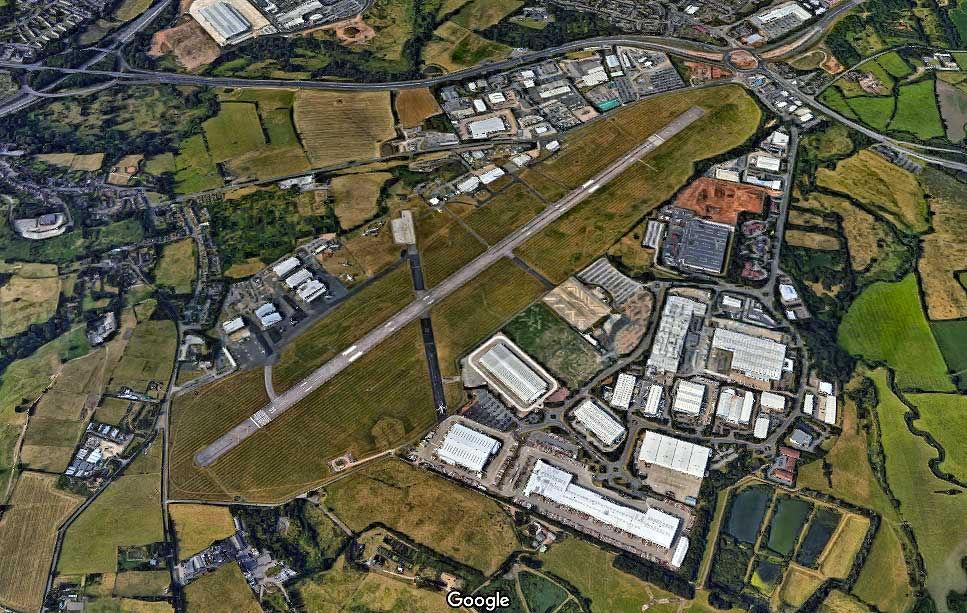
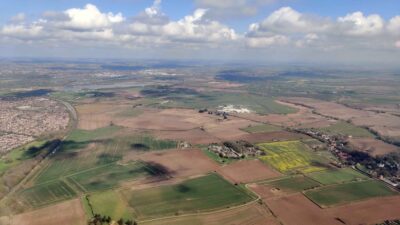
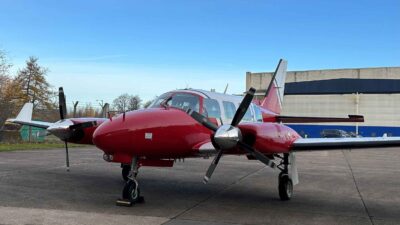
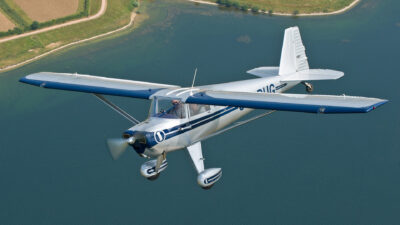
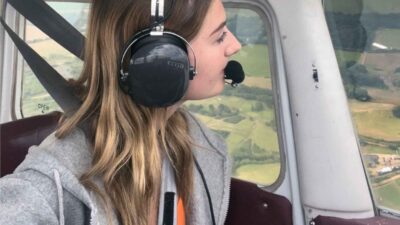
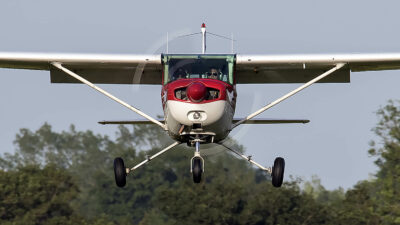
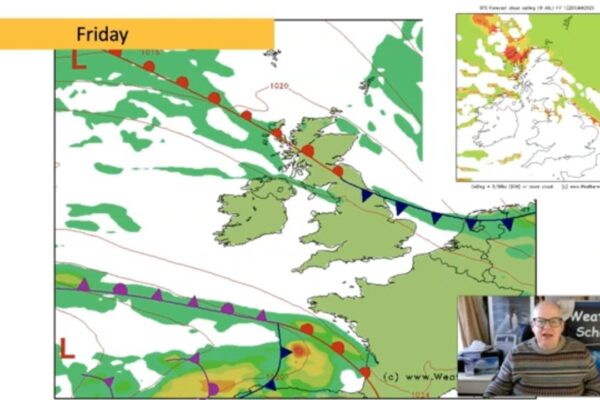


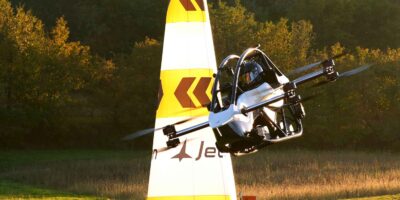

11 comments
Seems to me that this highlights a fundamental systematic problem.
It should be obvious to anyone that it’s not hard to miss a notam, no matter how careful and diligent you are. Where a facility of this size/type changes from it’s published frequency, it should be held partially responsible if it doesn’t at least monitor the old one until all printed publications showing the old frequency have expired.
Or how about planning ahead so that all the publications can carry both the old and new frequency by the time the change happens – I can’t believe that these things happen “overnight”.
Just imagine if you are done for speeding on a road clearly signed as being 50mph – because you didn’t see the notru (notice to road user) saying that it’s actually now 30mph but the sing people don’t change signs until the end of the year.
This seems a little harsh. Are there aggravating circumstances such as having done something like this before? Any previous infringements at all? Did an airliner need to be diverted? In what way does this high fine deter anyone? It’s not as though anyone (or this pilot) would land without permission if the fine were smaller! Everyone seems to agree: This was a mistake. [The pilot must have been a neighbour of mine, I lived in the rather small (and nice!) Ottershaw Park estate until a year ago. ]
……..and the person who burgled my house got a suspended sentence!!!!!!
Seems a rather over the top fine for such a minor “offence” unless this isn’t the full story. If he just fit in with other traffic and landed normally, just like you would at a non radio airfield, then little problem. If he cut up people in the circuit, landed over an aircraft ready for departure on the threshold, then perhaps more appropriate.
As well as confusing notams mentioned above, there was also the confusion of whether Coventry ATC was open or not, whether it was ATC or air to ground, wasn’t all that around this time too?
And of course if it was an airfield like Coventry in the US, then joining the circuit and landing without having to talk to anyone or get anyone’s permission would be perfectly normal.
Given all the upcoming 8.33 frequency changes, I’m guessing this is going to become a fairly regular occurrence over the next few months as we all get used to the new frequencies. Unless there’s more to this story than mentioned in this article, surely this is just a slap on the wrist offence rather than a suspended licence and a very heavy fine.
Using the NATS AIS self-briefing system is in itself an onerous task: choosing the “Point Brief” option removes the Altitude Cap, meaning you get told a lot about activity or restrictions above your intended maximum operating level; and in any case the Nav Warnings issued with even these or the Narrow Route briefings insist in reminding us about Hazardous Airspace activities in countries hundreds or thousands of miles away; I spend some time in sizing my printing so that these items don’t waste paper and ink, I don’t want to know about Libya etc for a flight that’s briefing for a departure and destination within the UK. If a NATS briefing is to be fit for purpose it should emphasize the relevant items and suppress the irrelevant. Assuming that the pilot fined for trying to contact Coventry 19 times had used the NATS briefing site, I would have hoped that this frequency change would have been perhaps given some prominence.
It’s up to the pilot therefore, to phone ahead to the tower of each airfield (destination and alternates) (sorry, ATC), to confirm the frequency valid on the day along with PPR, as the en-route VFR chart, the annual VFR Flight Guides, whatever has been published more than a week ago, may be out of date. 8.33 changeover days will obviously not all happen on one day this year.
And as Handheld radios can be bought for less than £500, perhaps Civil Airports just changed over to a new frequency could have one of these plugged in to keep charged, switched on, and tuned to listen this year on the frequency they’ve just relinquished, to avoid just this situation for which the pilot has been fined.
This is an outrageous penalty on the face of it. Coventry and CAA (campaign against aviation) should be ashamed of themselves. Did the tower flash the red lights to say don’t land? I haven’t checked the radio failure procedure at Coventry (not that it was a radio failure) but begs the question what if a commercial flight had radio failure on finals before clearance to land? Guess that would be ok and the green lights would come out?
My view is a bit different to most of the other comments on this thread. As pilots we need to respect the procedures that are fundamental to flying safely. Not getting a reply from ATC but going ahead and landing anyway is not acceptable. We should expect the CAA and the courts to be harsh when something like this happens.
One might have thought that if there were complete radio silence on the tuned frequency, (no circuit traffic) it might be sensible to give D&D a quick call, explain the problem, they could then furnish the pilot with the correct, (new) frequency or make contact with Coventry ATC on the pilots behalf.
I agree the fine seems excessive, and that notams are not always immediately helpful, but it’s not rocket science to assume somethings changed if the frequency is quiet.
I totally agree the fines are excessive however there are things the pilot could have done, from my training if i thought my radio was not functioning i would fly 2 min left hand triangles then select 7600 on transponder and head in diligently, my question is error or not his equipment was not working so how can you be fined and suspended if you follow these steps, Maybe he did? if he did not why? Marc